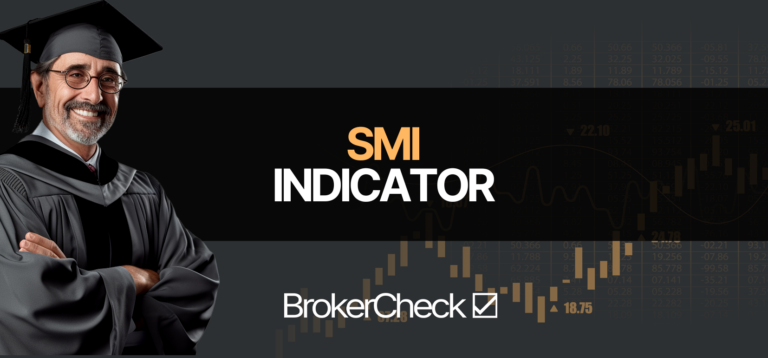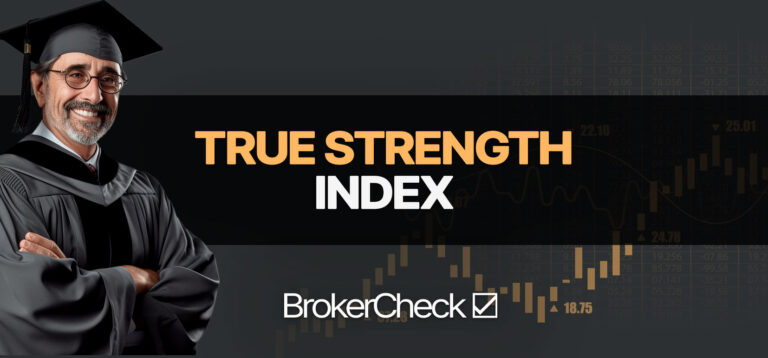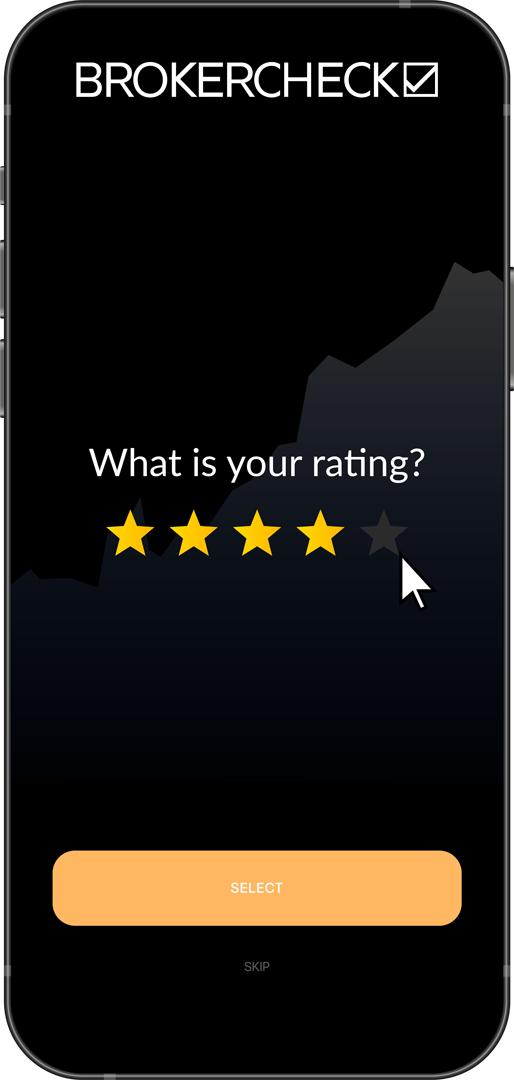What are STP Brokers, and how do they operate?
STP (Straight Through Processing) brokers are financial services companies that offer traders access to the financial markets and facilitate the execution of trades. STP brokers do not have a dealing desk and do not act as a market maker, meaning that they do not take the other side of trades themselves. Instead, STP brokers act as intermediaries between traders and liquidity providers, such as banks and financial institutions.
When a trader places a trade with an STP broker, the broker passes the trade on to a liquidity provider, who executes the trade in the market. For example, if a trader places a buy order for a currency pair with an STP broker, the broker will pass the trade on to a liquidity provider, who will execute the trade by finding a seller for the currency pair at the best available price. The liquidity provider will then pass the trade back to the STP broker, who will complete the trade with the trader.
One advantage of STP brokers is that they may offer lower spreads and commissions compared to brokers that operate a dealing desk. This is because STP brokers do not have the added cost of maintaining a dealing desk and do not profit from the spread between the bid and ask price. However, it is important to note that STP brokers may also charge additional fees for their services, such as commission on trades or account maintenance fees.
It is important for traders to carefully research and compare STP brokers to find the one that best meets their needs. Factors to consider may include the broker’s regulatory status, the fees that they charge, the range of financial instruments and markets that they offer, and the quality of their customer service and support.
Are STP brokers better than market makers?
It is not necessarily the case that STP brokers are better than market makers, or vice versa. Both types of brokers have their own unique characteristics and may be better suited to different types of traders and trading strategies. Here are some key differences between STP brokers and market makers:
- Execution model: STP brokers pass trades on to liquidity providers, who execute the trades in the market. Market makers, on the other hand, take the other side of trades themselves and act as the counterparty to trades.
- Spreads and commissions: STP brokers may offer lower spreads and commissions compared to market makers, as they do not have the added cost of maintaining a dealing desk and do not profit from the spread between the bid and ask price. However, it is important to note that STP brokers may also charge additional fees for their services, such as commission on trades or account maintenance fees.
- Market liquidity: Market makers are able to provide market liquidity by taking the other side of trades themselves, which can be beneficial for traders who need to execute large trades or trades in illiquid markets. STP brokers, on the other hand, rely on liquidity providers to execute trades, which may not always be available for large or illiquid trades.
Overall, the decision of whether to use an STP broker or a market maker will depend on a trader’s specific needs and goals. It is important for traders to carefully research and compare brokers to find the one that best meets their needs.
What is the difference between ECN brokers and STP brokers?
ECN (Electronic Communication Network) brokers and STP (Straight Through Processing) brokers are similar in that they both facilitate the execution of trades by passing them on to liquidity providers, such as banks and financial institutions. However, there are some key differences between the two types of brokers:
- Execution model: ECN brokers match trades between multiple liquidity providers and allow traders to interact with the market directly, without the intervention of a broker. STP brokers, on the other hand, pass trades on to liquidity providers, who execute the trades in the market.
- Spreads and commissions: ECN brokers typically offer very low spreads and may charge a commission for their services. STP brokers may also offer low spreads, but may charge additional fees for their services, such as commission on trades or account maintenance fees.
- Market access: ECN brokers typically offer access to a wide range of markets, including forex, equities, and futures. STP brokers may offer a more limited range of markets.
- Trading environment: ECN brokers often provide a more transparent and fair trading environment, as they do not have a dealing desk and do not act as a market maker. STP brokers may also provide a fair trading environment, as they do not have a dealing desk and pass trades on to liquidity providers.
What is the difference between DMA brokers and STP brokers?
DMA (Direct Market Access) brokers and STP (Straight Through Processing) brokers are similar in that they both offer traders access to the financial markets and facilitate the execution of trades. However, there are some key differences between the two types of brokers:
- Execution model: DMA brokers allow traders to access the market directly and execute trades on the same terms as the liquidity providers. STP brokers, on the other hand, pass trades on to liquidity providers, who execute the trades in the market.
- Spreads and commissions: DMA brokers typically offer very low spreads and may charge a commission for their services. STP brokers may also offer low spreads, but may charge additional fees for their services, such as commission on trades or account maintenance fees.
- Market access: DMA brokers typically offer access to a wide range of markets, including forex, equities, and futures. STP brokers may offer a more limited range of markets.
- Trading environment: DMA brokers often provide a more transparent and fair trading environment, as they allow traders to access the market directly and execute trades on the same terms as liquidity providers. STP brokers may also provide a fair trading environment, as they do not have a dealing desk and pass trades on to liquidity providers.
Overall, the main difference between DMA brokers and STP brokers is the execution model and the level of market access that they offer.
STP vs. DMA vs. ECN brokers summarized
Many Forex brokers operate under the STP, ECN, or DMA broker models, although some may use a combination of two or more. These models differ in the way they execute customer transactions and whether or not they take the other side of the trade. When comparing Forex brokers, it is important to understand how each model works and choose the one that best fits your trading needs.
ECN brokers provide clients with direct access to the Interbank Forex market through an ECN trading platform. These brokers operate as intermediaries between clients and the currency market, and do not have a dealing desk. ECN brokers offer real-time order information and exchange rates, and their pricing comes directly from the Interbank Forex market. They tend to have a lower risk of re-quotes and allow traders to deal on spreads that may be tighter than those quoted by a single market maker. Some ECN brokers charge a flat execution fee on a per-trade basis, while others widen the spread and charge fees based on the amount traded.
STP brokers use a fully automated dealing system and do not have a dealing desk. Their system processes trades electronically and enters them into a group of Interbank Forex market participants for execution at competitive prices. STP brokers offer faster, more accurate quotes and greater liquidity, as prices are obtained from multiple market participants rather than just one. They do not have human-related errors, delays, or costs associated with transactions.
DMA brokers use an automated service to match client orders with dealing prices offered by market makers or other liquidity providers. All client orders are passed directly to liquidity providers, and DMA involves non-dealing desk execution at the market price only. This model offers a more transparent process for traders and may have lower spreads than instant execution services. However, DMA brokers may charge higher commissions than other types of brokers.











